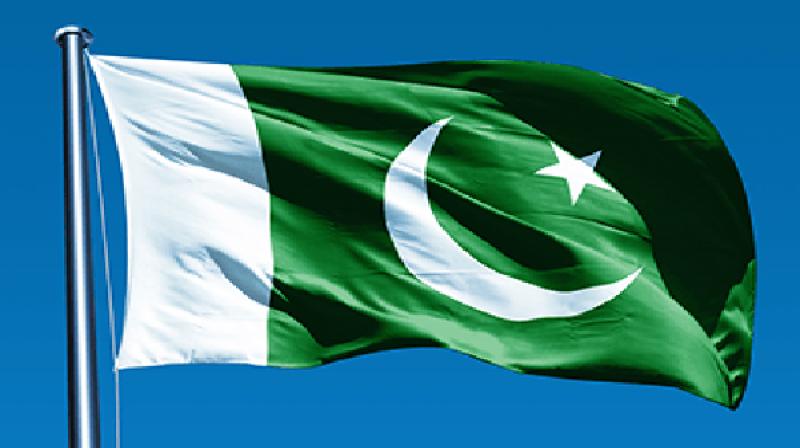Endgame in Afghanistan is evolving very quickly

The endgame in Afghanistan is evolving rapidly. Expectations of an end to America’s long military adventure in Afghanistan have unleashed multiple moves to shape the country’s future.
Current diplomacy may lead to either a political settlement which brings a semblance of peace to Afghanistan and the region or a unilateral or disorderly US-Nato withdrawal which sets the stage for the next iteration of Afghanistan’s 40-year civil war. Yet, other scenarios are possible, as several forces clash and coalesce in the endgame.
The most visible force is the momentum of the Afghan Taliban insurgency. It is now dominant in 60 per cent of the country and exerting relentless pressure on the demoralised Afghan security forces. Brimming with self-confidence, the Taliban refuse to negotiate peace with the beleaguered Ashraf Ghani government and want to talk only to the US about a timetable for withdrawal of foreign forces, release of Taliban prisoners and lifting of travel and other restrictions on Taliban leaders. The Taliban no doubt anticipate that after US-Nato withdrawal, they will be able to impose a political settlement on other Afghan parties.
Pakistan is presumed to enjoy the greatest influence due to its perceived relationship with the ascendant Taliban. However, Iran’s influence has grown considerably in recent times. It has carefully cultivated relations with and provided support to the Taliban while also preserving its traditional links with components of the former Northern Alliance. Tehran will not ease America’s exit from Afghanistan. Russia has dealt itself in the game, opening cooperation with the Taliban and attempting to initiate an intra-Afghan dialogue through the “Moscow format”.
India fears that an Afghan political settlement will lead to restoration of a Taliban-led government. It is now scrambling to preserve its “assets” in Afghanistan through the good offices of Iran and Russia.
China holds the most important “unplayed” cards in the game. It has the financial and diplomatic clout to bring all the regional players — Pakistan, Iran, Russia and the Central Asians — on board. Obviously, these cards will be played by Beijing in the context of the current tense transition in the wider US-China relationship.
The US wants to leave behind a small counterterrorism force in Afghanistan. The Taliban, reportedly, were not opposed to this in the initial talks with the US. This may change especially if Iran and Russia oppose such a continuing US presence. A compromise may be a multinational counterterrorism capability.
The Taliban’s reluctance to talk to the Kabul regime has emerged as the most important obstacle. The Taliban argue that they are the legal government which was forcibly ousted in 2001. They may also fear that intra-Afghan negotiations and a ceasefire could arrest the insurgency’s momentum and divide their fractious movement.
However, the Taliban may be in danger of overplaying their hand. Despite Trump, the US security establishment will not accept humiliation in Afghanistan. Moreover, the Taliban may face regional resistance. Even as Iran encourages the Taliban’s refusal to talk to Kabul, its foreign minister has declared — in New Delhi — that Tehran would not want the Taliban to be the dominant force in a future government. Russia would want a balanced outcome also. China, like Pakistan, may accept a Taliban-led government; but it would prefer a negotiated rather than an imposed settlement. The Taliban have played the game well so far; it is time to cash in the chips. A Taliban military victory will be thwarted by both the US and some of the regional powers.
An interim or neutral government in Kabul, pending presidential polls, accompanied by a time-bound ceasefire, may provide the space for an intra-Afghan agreement on a power-sharing formula as well as an orderly withdrawal of US-Nato forces from Afghanistan. The Afghan parties could be offered appropriate incentives to accept a settlement, including commitments of future financial support from the US, Europe, China and the GCC.
Islamabad’s positive diplomatic role, coordinated with China, and responsive to the interests of other regional players, must also be leveraged to advance Pakistan’s interests: normalisation of Pakistan-US relations; elimination of Balochistan Liberation Army and TTP terrorism from Afghan territory; return of Afghan refugees, and expansion and smooth implementation of CPEC, its acceptance by the US, and the GCC’s partnership in the enterprise.
By arrangement with Dawn

